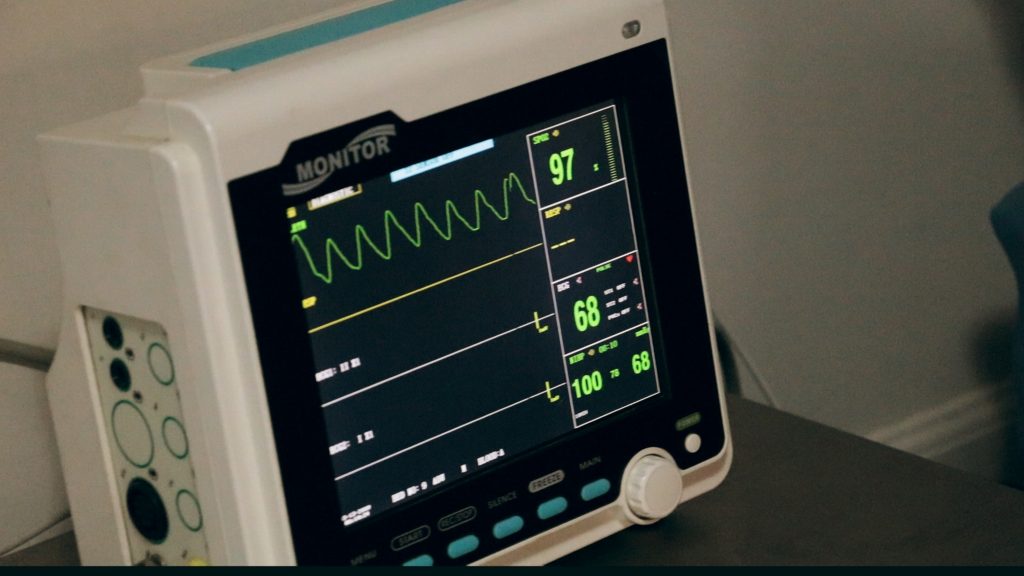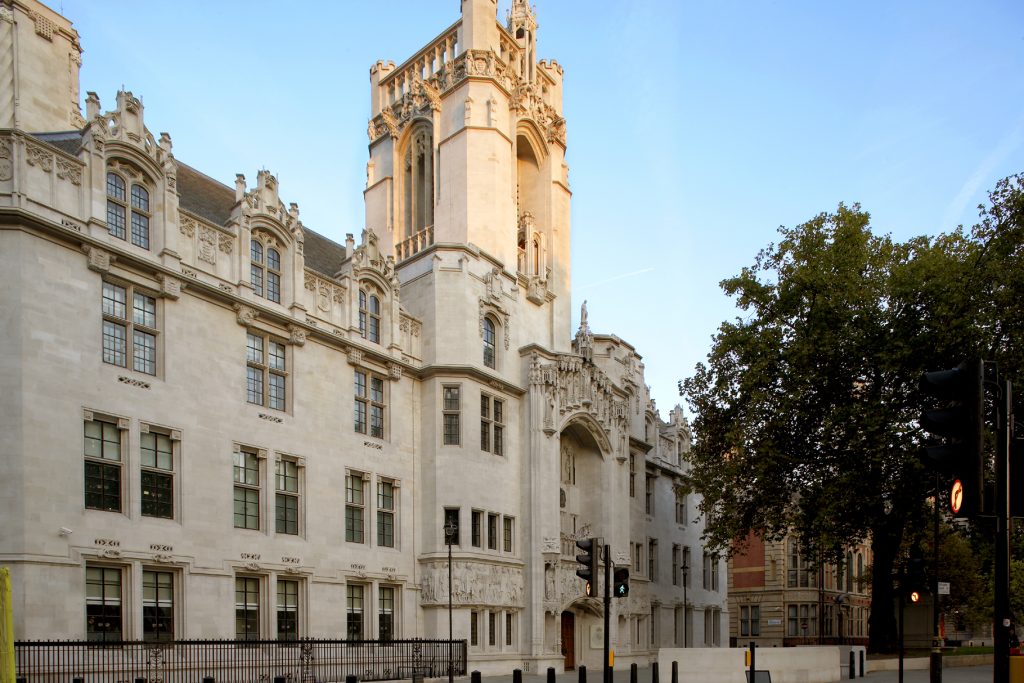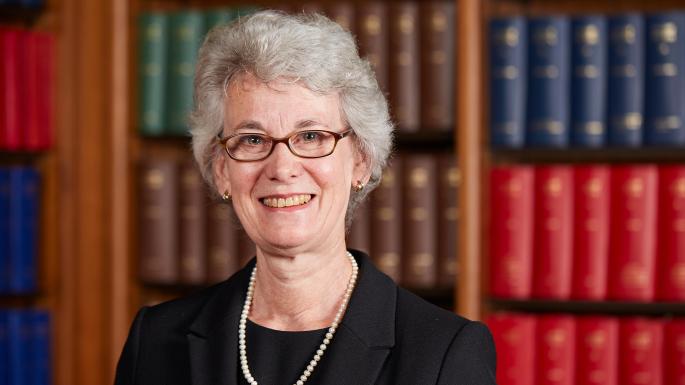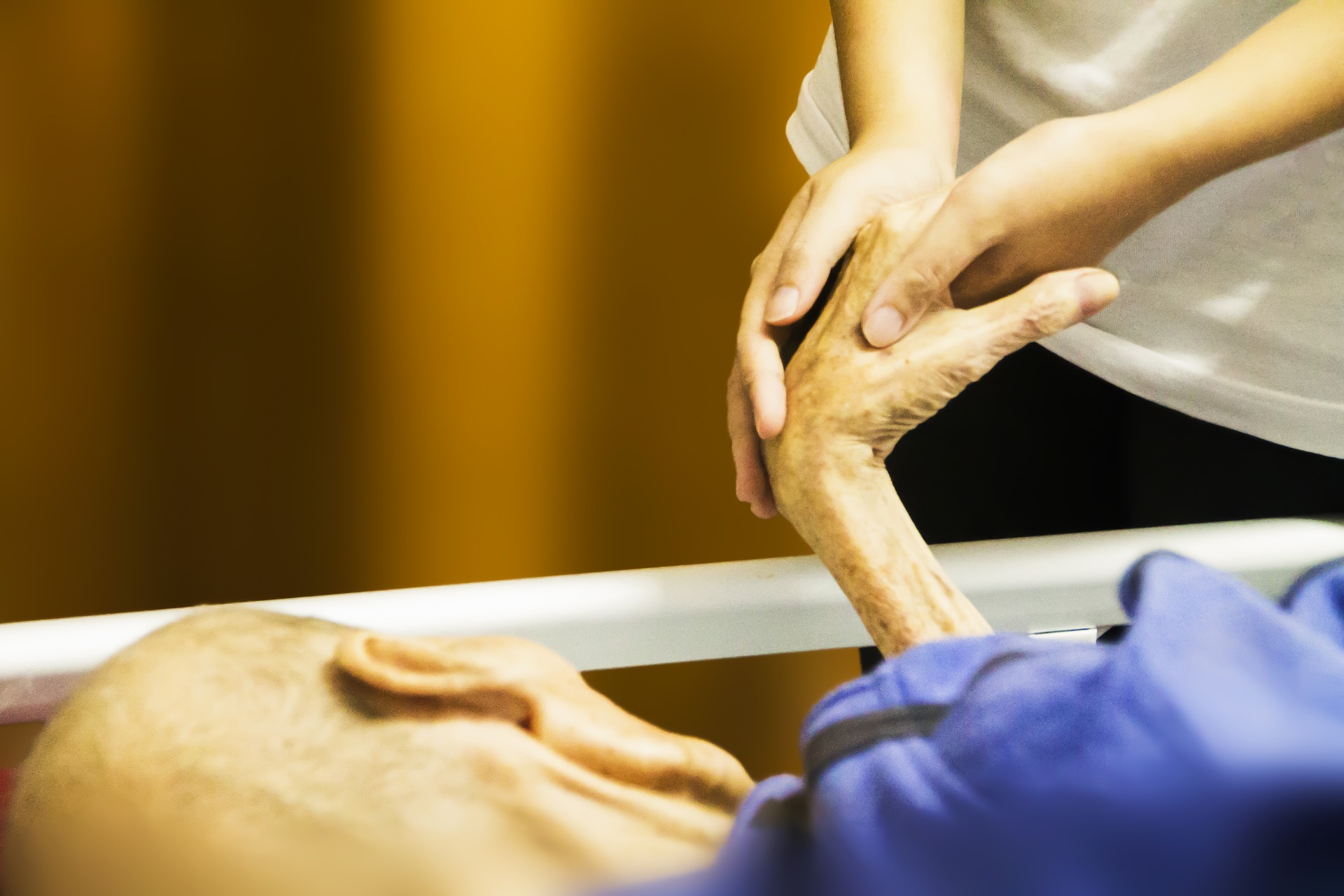Legal permission is not required for doctors to stop life-prolonging medical treatment for patients in a permanent vegetative state, says the Supreme Court.
Ina ruling today, the UK’s highest court found that withdrawing treatment in these cases is not incompatible with the Human Rights Convention.
This means that, when the patient’s family and a medical team are in agreement, it will now be easier to withdraw food and liquid, to allow people with a prolonged disorder of consciousness to die naturally.
What Was The Ruling About?

Image Credit: Jair Lazaro / Unsplash
The Court of Protection has ruled on cases for 25 years but the process can take months or years, and it costs health authorities about £50,000 in legal fees to lodge an appeal.
This case revolved around a man the court called Mr Y. Mr Y was an active man in his fifties until he suffered a cardiac arrest. This led to extensive brain damage caused by a lack of oxygen.
He never regained consciousness, and was being fed with clinically-assisted nutrition and hydration (CANH). Essentially, he was being fed through tubes to keep him alive.
The physician treating him concluded that, even if he were to regain consciousness, he would have a profound disability and would need to rely on the care of others for the rest of his life.
A consultant agreed when giving a second opinion, and Mr Y’s family also agreed that his treatment should be stopped, in line with what they believed his wishes would be.
Is Court Intervention Essential Here?

Image Credit: Supreme Court
Previously, even when medical staff and families agreed to withdraw treatment for patients in a permenant vegetative state, they had to go to the Court of Protection to obtain permission.
In Airedale NHS Trust v Bland (1993), when a man was left in a permanent vegetative state after being injured in the Hillsborough disaster, the House of Lords ruled that, for the time being, the guidance of the Court should be sought before treatment and care of a patient is discontinued.
However, this process can take months or even years, and it can cost health authorities and families around £50,000 in legal fees if an appeal is needed.
For this reason, the family sought a declaration from the High Court that it wasn’t mandatory to get permission to proceed from the Court of Protection.
The High Court agreed and granted them permission to appeal directly to the Supreme Court. Mr Y died in the intervening period, but the Supreme Court decided the appeal should still go ahead because of the “general importance” of the issues raised.
What Did the Supreme Court Decide?

Image Credit: Supreme Court
Lady Black and the other justices noted that, since the Mental Capacity Act (2005) came into force, medical professionals have a clear statutory framework to make these difficult decisions, taking into account the best interests of the patient (and input from their loved ones). The justices concluded:
I do not consider that it has been established that the common law or the [Human Rights Convention] … give rise to the mandatory requirement … to involve the court to decide upon the best interests of every patient with a prolonged disorder of consciousness before CANH can be withdrawn.
Lady Black et al, An NHS Trust and others (Respondents) v Y (by his litigation friend , the Official Solicitor) and another (Appellants)
In other words – if the family and medical team are in agreement, they can stop providing clinically-assisted food and water to the patient.
And What About Our Human Rights?

Image Credit: Bewakoof / Unsplash
End of life care is a tricky area for human rights. While the Human Rights Convention, which became made law in the UK through the Human Rights Act (1998), protects our right to life as one of our most fundamental rights, it doesn’t talk about our right to a good death.
Also, while this new Supreme Court ruling clarifies that doctors are not required to obtain permission from a Court before discontinuing treatment when there is a clear consensus, they still need to involve the Courts in less clear-cut cases. Lady Black et al said:
If it transpires the way forward is finely balanced, there is a difference of medical opinion, or a lack of agreement … a court application can and should be made.
Lady Black et al, An NHS Trust and others (Respondents) v Y (by his litigation friend , the Official Solicitor) and another (Appellants)
Assisted death has been a tricky issue for human rights, both here and abroad. However, this judgment concerns withdrawing life-prolonging treatment for patients who are in a permanent vegetative state when both the family and clinicians agree that this is the right thing. It is not about administering drugs to end a life.
What Do People Think About This Decision?

Image Credit: Pixabay
End of life care is an emotive topic, and different people and organisations have a range of views on whether allowing doctors and families to make this decision is the right thing.
Leading NGO Compassion in Dying support the ruling, saying:
Today’s judgement is an important move towards more person-centred care, because it means that what’s best for the individual can be decided by their medical team and loved ones, and acted upon quickly, rather than spending months or even years waiting for a court decision.
Natalie Koussa, Director of Partnerships & Services at Compassion in Dying
However, other groups, such as Care Not Killing, have expressed concern:
The Supreme Court has set a dangerous precedent. Taking these decisions away from the Court of Protection removes an important layer of legislative scrutiny and accountability and effectively weakens the law. It will make it more likely that severely brain-damaged patients will be starved or dehydrated to death in their supposed ‘best interests.
Dr Peter Saunders, Campaign Director, Care Not Killing
Either way though, the ruling will make a noticable difference on the way medical professionals and families make choices about end of life care.







